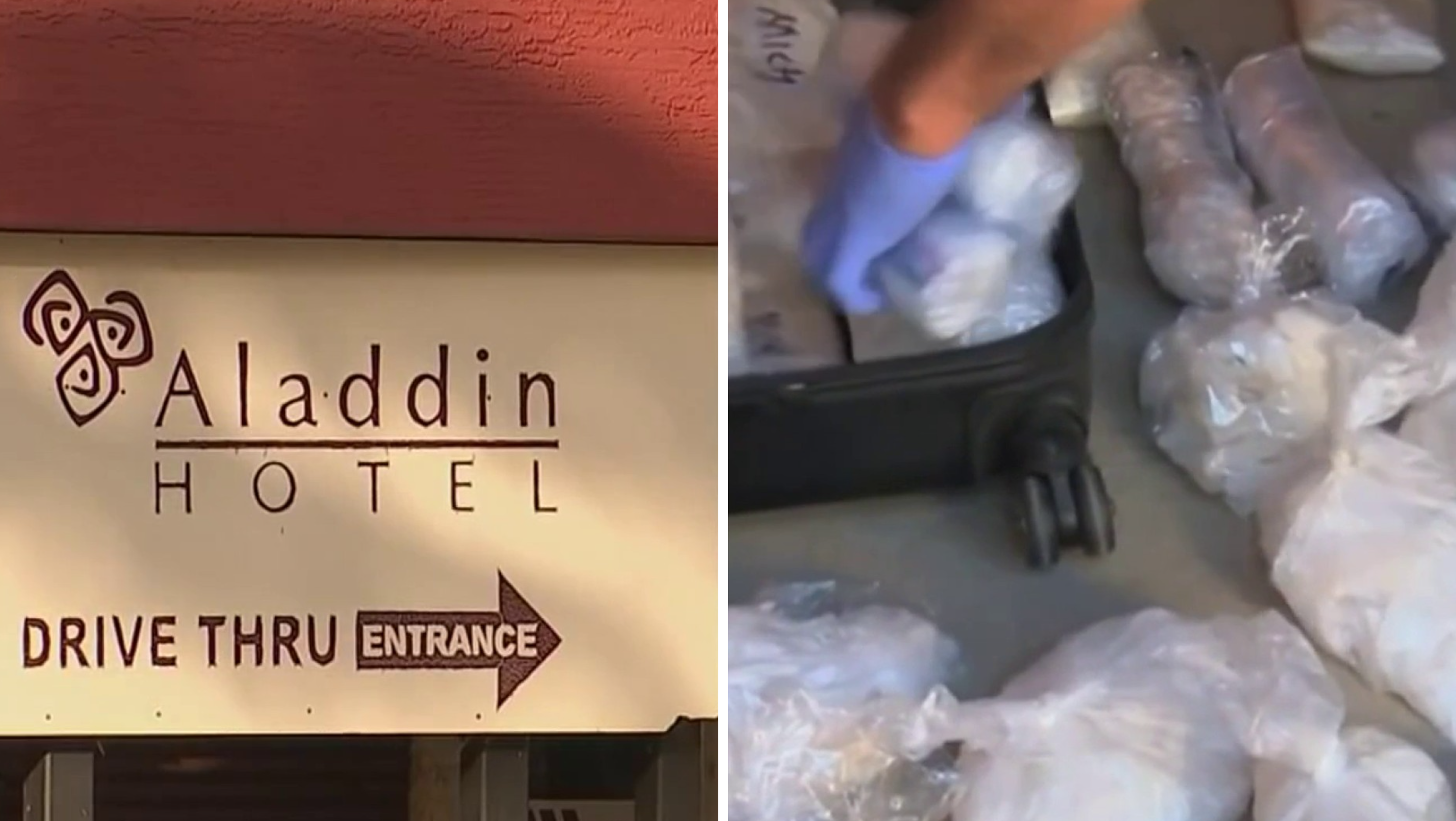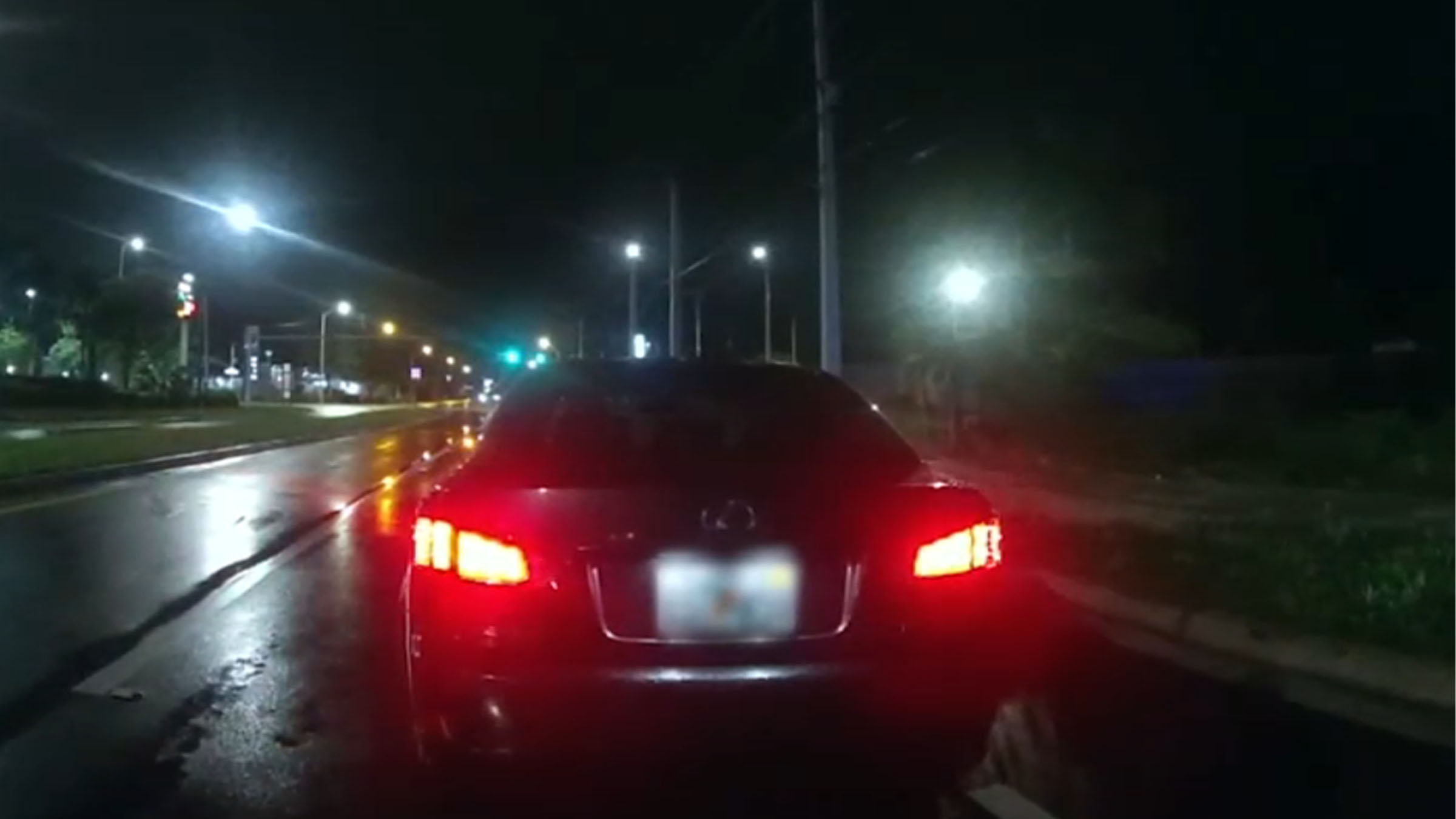After the murder of George Floyd in Minnesota one year ago, people took to the streets in South Florida for mostly peaceful but sometimes violent protests.
Dozens were arrested in Miami and NBC 6 Investigators found most of those charges have been dropped a year since the protests began.
On June 10, a crowd of around 60 people gathered to protest for racial justice at Bayfront Park in Downtown Miami. After police said they saw people on a surveillance camera spray painting the statues of Ponce de Leon and Christopher Columbus, they arrived on the scene and began to chase the suspects.
The scene became frantic and some protesters confronted police.
Get South Florida local news, weather forecasts and entertainment stories to your inbox. Sign up for NBC South Florida newsletters.
“Everything erupted into chaos,” said Alaa Massri, who attended many of the protests last summer and was one of seven people arrested on June 10.
Massri spoke to NBC 6 Investigators from Tampa, where she now goes to school.
“People were running around. People were screaming,” Massri said.
Investigations
The NBC 6 Investigators get results
In the police report, an officer claimed Massri did not get out of the street when ordered to do so. He wrote officers tried to move her, she struggled, and “punched” one of the officers “in the right bicep.”
Massri disputes that story, adding she should not have been arrested.
“It was very intimidating to be quite honest. I’m sure it’s built to be that way,” Massri said.
Her case drew national attention because while in jail, she said her headscarf was removed and her mugshot was distributed without it on.
“They just completely disregarded my religious rights,” Massri said.
Juan Diasgranados, the public affairs manager of the Miami-Dade Corrections and Rehabilitation Department, told NBC 6 that they do have policies to accommodate inmates who wear head coverings for religious reasons.
“Arrestees, who claim or appear to be of a particular faith, are allowed to keep their head-covering once it has been searched for contraband and the booking photograph has been taken,” he said. “We are committed to ensuring the individual’s faith-based beliefs and practices are respected and continue to ensure ongoing compliance with our policies and this commitment.”
Massri was arrested on multiple charges: battery of a police officer, resisting with violence, and disorderly conduct. A month later, prosecutors closed the case with no action.
“It’s also just the psychological effect that it has on a person,” said Massri referring to her arrest. “There’s this time period, where in my head I was like I could possibly be going to jail for the next five years.”
NBC 6 Investigators requested arrest records from the city of Miami, the center of many protests and some violent confrontations between protesters and police.
After reviewing the court records of 67 people arrested by Miami Police, NBC 6 found 55 of them had their cases dropped.
Eight people have ongoing cases. Of those, four have a trial date set later this summer.
Two so far have been found guilty, including 31-year-old Jason Lewis.
Miami Police arrested Lewis the same day as Massri. An officer accused Lewis of spray painting statues, writing in a police report he encouraged the crowd to become aggressive when police arrived on the scene.
Lewis was arrested after a brief chase. He eventually pled guilty to criminal mischief and resisting an officer without violence. A judge ordered him to pay $600 for the damage and be put on probation for one year.
His attorney declined to comment.
We shared our findings with the Miami-Dade State Attorney’s Office. Ed Griffith, a spokesman, told us when deciding to drop or pursue a case, they look at three things: understanding the circumstances, evaluating the evidence presented and evaluating the existing case law.
Griffith wrote, “Prosecutors must believe that they have sufficient evidence to be able to prove the charges beyond a reasonable doubt for the charges to go further in the criminal justice system. Lacking such evidence, a case must be dropped.”
Looking back one year later, Massri said she wouldn’t do anything differently.
“No matter how traumatic it may have been. It’s something I’ll forever be grateful for because it empowered me to continue to use my voice,” Massri said.
Miami Police had no comment on our findings or Massri’s case. They referred us to prosecutors.
Keep in mind this is only a snapshot of arrests. NBC 6 Investigators analyzed arrests made at the time in the largest city, Miami. We’ve requested and continue to review records from the agencies.



